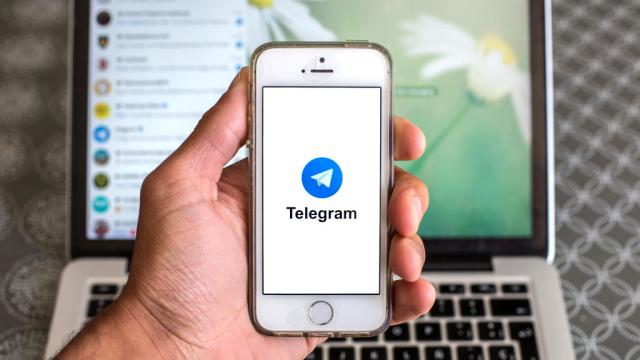Australia’s top diplomats are acting on the assumption that their phones have been hacked after the identities of multiple Australian politicians have been used as part of sophisticated phishing attacks on Telegram.
Two weeks ago, Australian Finance Minister Simon Birmingham referred a Telegram account to the police after contacts of the senior politician had been contacted by the account using his name.
Now, it appears that this phishing expedition is bigger than first thought. Multiple ministers and other politicians in the government have seemingly fallen for the Telegram phishing.
On Thursday, Nine papers’ Anthony Galloway reported that Health Minister Greg Hunter, former minister and current ambassador to the US Arthur Sinodinos, a yet-unnamed federal politician and other senior diplomats are caught up in this scam.
Scammers are impersonating these figures on Telegram using their real numbers and contacting people using details that aren’t publicly available.
It’s not clear who is behind the attempts — whether it’s hackers looking for information to hold to ransom, mischief makers or even state-based hackers — but the recipients of these messages have been asked information for pro-democracy activists in Hong Kong and to transfer money to a Hong Kong bank account.
And according to Galloway, these Telegram messages have people spooked.
“The ‘phishing’ attacks have unsettled some senior members of the Department of Foreign Affairs and Trade to the extent that they are now operating on the basis their phones have been compromised,” Galloway writes.
“This climate of fear has been exacerbated by a number of other unrelated cyber attacks against diplomats, as well as sophisticated hacks on the computer networks of Parliament House and Nine News.”
The AFP has investigated fears that external devices have been hacked, but has found no evidence to support that. Despite this, MPs have reportedly ditched their current phones out of fears that their old devices may be compromised.
